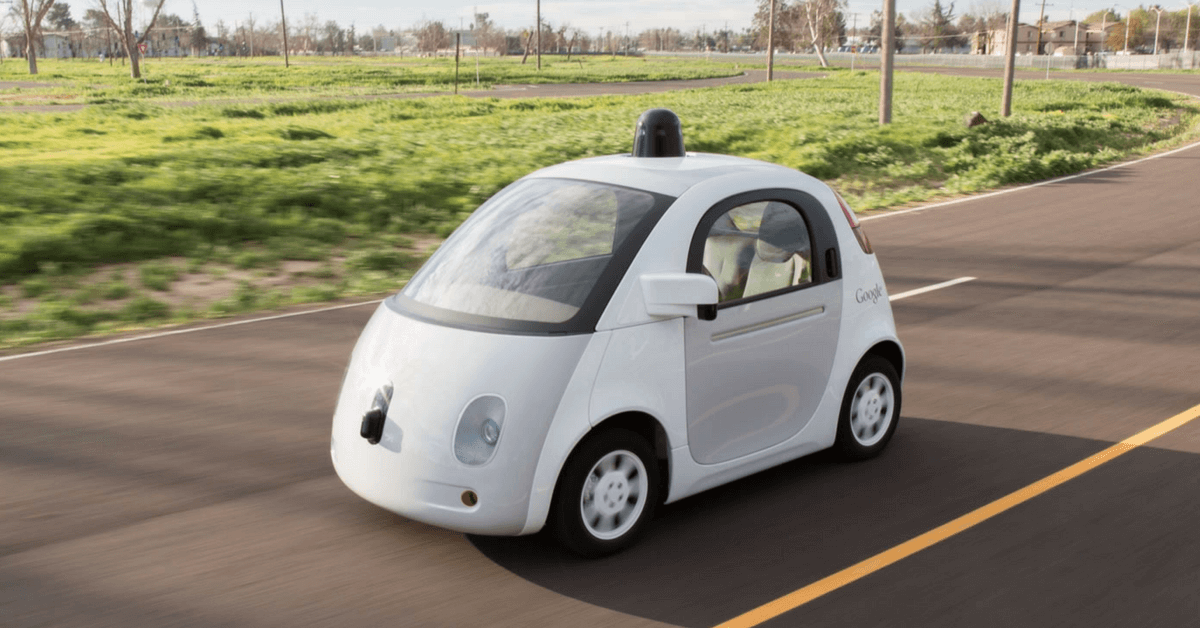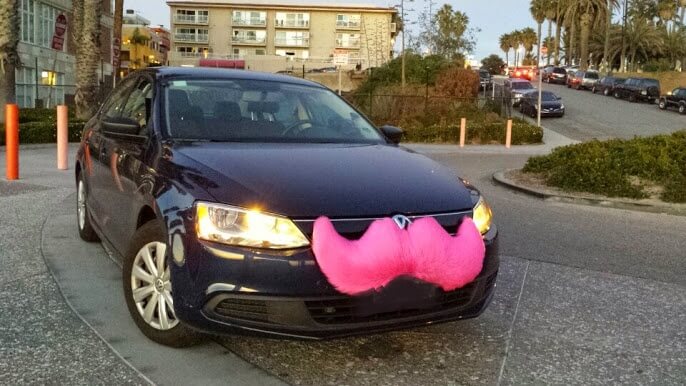New historic law will allow autonomous vehicles to be road-tested without a human being present

Driverless cars will, without a doubt, drive us all into a future where drastically fewer car accidents occur:
- “Automated vehicles have the potential to save thousands of lives …” – U.S. Transportation Secretary Anthony Foxx
- “[T]he Department of Transportation has been exceptionally forward-leaning on automated vehicles” because “the promise of automated vehicles” is that “we could potentially prevent or mitigate 19 of every 20 crashes on the road.” – NHTSA Administrator Mark Rosekind
On Friday, December 9, 2016, we traveled a great distance down that road when Gov. Rick Snyder signed Senate Bills 995-998 into law, which will, among other things allow autonomous cars to be road-tested without a living, breathing human being needing to present in the vehicle.
Although it’s frequently not the case, in this instance, I’m in total agreement with Gov. Snyder’s press release that these new laws “will ensure Michigan continues to be the world leader in autonomous, driverless and connected vehicle technology”:
“We are becoming the mobility industry, shaped around technology that makes us more aware and safer as we’re driving. By recognizing that and aligning our state’s policies as new technology is developed, we will continue as the leader the rest of the world sees as its biggest competition.”
However, the best way to build on the momentum created by these new laws is for the Legislature, when it reconvenes in the next session, to take up the important issue that these bills steered around:
Holding the manufacturers of driverless cars liable when the self-driving vehicles they produced are at fault in causing a car accident that injures or kills someone.
Of course, as I have blogged previously, the issue of liability insurance for driverless cars should not be overlooked (any longer) by lawmakers.
Holding manufacturers liable for injuries caused by their driverless cars
Yes, I’ve previously stated my position on this issue as an auto accident lawyer in my November 18, 2016, blog post, “Should driverless car manufacturers be liable for auto accidents caused by their autonomous vehicles?”
But given its importance and the fact that it didn’t even enter the conversation with regard to the new laws, I felt the issue warranted renewed focus.
To be clear, what I’m talking about is determining when the manufacturer of a driverless car (or of the technology which is fitted onto an existing vehicle) is liable because the autonomous vehicle (or technology) it produced is at-fault in causing a car accident that injures or kills someone.
This is a relevant, necessary issue to discuss, because without specifically establishing ground rules for driverless-car manufacturers, victims of accidents caused by self-driving automobiles will be left without protection or recourse under Michigan’s toothless, ineffectual product liability laws.
As I argued previously, there are two excellent reasons why driverless car manufacturers should be liable for the harm that their products cause:
- The manufacturer – through the vehicle it manufactured and/or the automated-vehicle technology it employed – was the operator of the vehicle at the time of the crash.
- The manufacturer became the operator by convincing people to trust the manufacturer and, thus, relinquish to the manufacturer full control over their vehicles, their safety and their ability to protect the safety of others (passengers, other drivers, pedestrians).
Significantly, I’m not the only person who feels that liability should lie with the automated vehicle manufacturers. Some of them believe exactly the same as me:
- Volvo, as a manufacturer of self-driving cars, said in an October 2015 press release that it “will accept full liability whenever one if its cars is in autonomous mode,” i.e., operating without control or monitoring by an operator, is at-fault in causing a car accident that injures or kills someone.
- One month later, Volvo stated in a November 2015 press release: “‘Volvo Cars is among the first to address the subject of self-driving cars and liability. We firmly believe that car makers should take full responsibility for the actions of the car when it is driving in full autonomous mode. If a manufacturer does not accept liability it clearly implies that they are not confident about their autonomous drive technology …’”
- Tesla’s Elon Musk was quoted in an October 20, 2016, Business Insider as saying that if one of his company’s driverless cars was at-fault in causing a motor vehicle accident and “[i]f it is something endemic to our design, certainly we would take our responsibility for that.”
- Google and Mercedes has said they’ll accept liability if their driverless cars (and/or driverless-car technology) causes a car accident where people are hurt. In an October 4, 2015, story, “Hands off the wheel,” 60 Minutes reported that “Google and Mercedes told us, if their technology is at fault once it becomes commercially available, they’ll accept responsibility and liability.”
As proof that this is far from a far-fetched idea, consider what the U.S. Department of Transportation said about manufacturer liability in the context of autonomous vehicles in its September 2016 “Federal Automated Vehicles Policy”:
“States may determine that in some circumstances liability for a crash involving a human driver of an HAV [“highly automated vehicles”] should be assigned to the manufacturer of the HAV.” (Federal Automated Vehicles Policy, “Model State Policy,” “8. Liability and Insurance,” pages 45-46)

